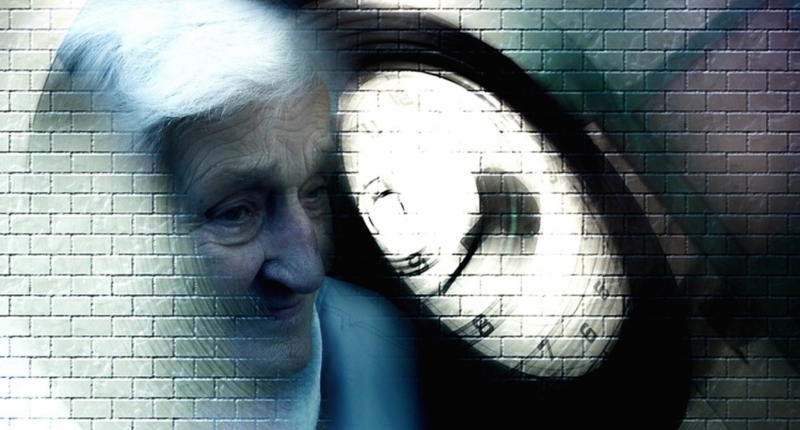Scientists at McGill University discovered that implementing a ‘reset button’ in mice’s brains enables rapid reorientation of their internal compass, which could have implications for human beings, particularly regarding neurodegenerative diseases like Alzheimer’s. The researchers found that this phenomenon, which they called ‘network gain,’ allowed the brain’s internal compass to reorient after the mice were disoriented. The study aimed to understand how visual information impacts the brain’s internal compass. They exposed mice to a disorienting virtual world while recording the brain’s neural activity, allowing them to explore how the Head-Direction cells support the brain’s ability to reorient in changing surroundings. The researchers expect that these findings could help diagnose and treat Alzheimer’s disease, given that one of the first self-reported cognitive symptoms of Alzheimer’s is becoming disoriented and lost, even in familiar settings. Additionally, these findings could eventually explain how virtual reality systems can easily take control over our sense of orientation. The study was published in the journal Nature and has significant implications for humans.
Brain’s ‘Internal Compass’ and Alzheimer’s: The Connection Explored
A recent study by McGill University has discovered that implementing a ‘reset button’ in mice’s brains enables a swift reorientation of their internal compass, which helps the animals navigate confusing situations. This discovery has significant implications for humans, especially regarding mental processes that could go wrong with neurodegenerative diseases like dementia, which leave people feeling lost and confused. The researchers called this phenomenon ‘network gain,’ which allowed the brain’s internal compass to reorient after the mice were disoriented.
The study aimed to understand how visual information impacts the brain’s internal compass. To do this, the researchers exposed mice to a disorienting virtual world while recording the brain’s neural activity. Having the means to record brain activity allowed them to explore how the Head-Direction cells, making up the brain’s internal compass, support its ability to reorient in changing surroundings.
The researchers expect these findings to play a significant role in helping with early diagnosis and treatment assessment of Alzheimer’s disease. People with Alzheimer’s disease often report cognitive symptoms such as becoming disoriented and lost, even in familiar settings. The researchers believe that this study’s findings could explain why and potentially help diagnose and treat Alzheimer’s disease.
The researchers also observed that while the mice were exposed to unnatural visual experiences, the study’s settings are relevant to humans in the face of the spread of virtual reality technology. These findings could eventually explain how virtual reality systems can easily take control over our sense of orientation.
The study was published in the journal Nature and has significant implications for humans.
Don’t miss interesting posts on Famousbio










